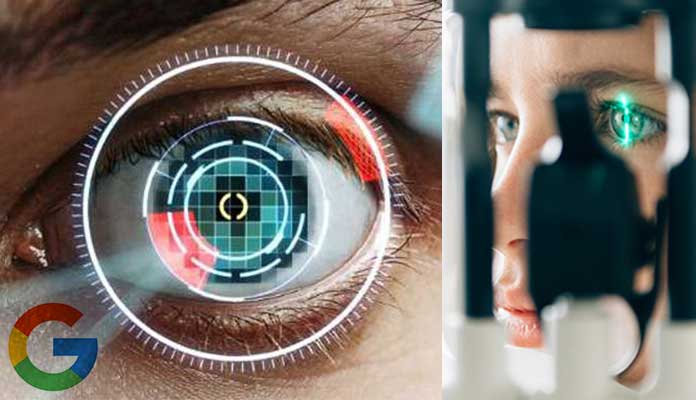AI From Google Predicts Health Risks Through Eye Scan
By taking a look at human eye, algorithms of Google could foretell whether someone was at risk of a cardiac arrest, stroke or suffering from high BP. Google researchers initiated a new scope for artificial intelligence in the huge and profitable international health industry.
The algorithms failed to perform better than already existing clinical procedures like blood test, as per the scrutiny of a Biomedical Engineering journal. The works should be authenticated and performed on more number of people prior to gaining wider acceptance, numerous other physicians remarked.
The researchers at Google fed pictures of around 280,000 patients across U.S. and U.K that are scanned from retinas into its complex pattern-identifying algorithms, noted as neural networks. Those scans assisted in training the networks upon which informer signs point toward enduring health risks.
Today, medical practitioners can seek similar indications making use of a gadget to examine the retina, illustrating blood pressure of the patient or reviewing risk factors like age, weight, gender and whether a smoker or non-smoker. The algorithms were not taught what to search for. Instead, the machines self-taught themselves to learn patterns by scrutinizing sufficient data.
The honest influence of this type of technical solution could ensign danger with a cheap, quick and asymptomatic test that is controlled in a variety of settings, to let people make out whether they should visit for follow-up.
Associate director of HTL at Mass General Hospital, Maulik Majmudar said the model is impressive but also indicated that it is hard to figure out noteworthy improvements in predicting cardiac risk, without requirement for any further testing. The results of the algorithms were not satisfactory.
Last year, Apple also launched an artificial intelligence device in form of watch that could detect irregular heartbeats in the persons who wear it and symptoms related to a trial fibrillation, which leads to stroke.

